Australia’s Aboriginals Ask Unesco to Protect Ancient Carvings Site
- 12/07/2025
- 5 comments
- 36
- 125
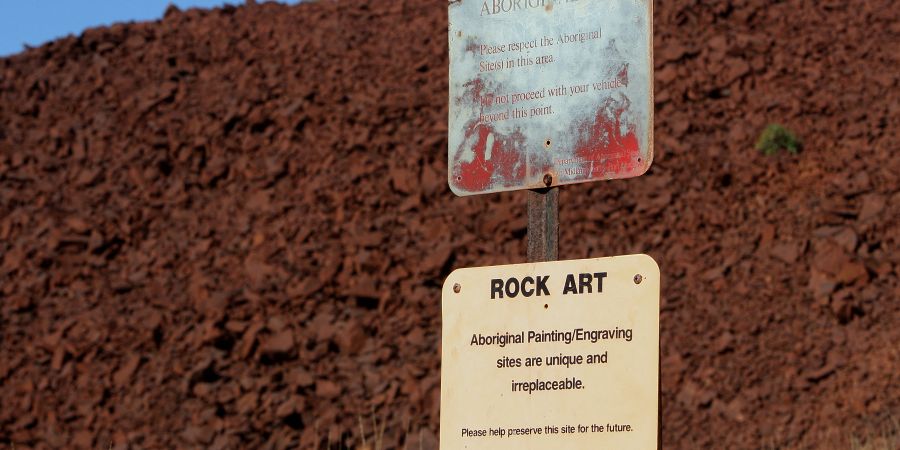

Fady Noun 09:00

Johnny Kortbawi 11/07 20:00

This is Beirut 11/07 16:35

Katia Kahil 11/07 14:50

This is Beirut 11/07 14:30

Amal Chmouny 10:00
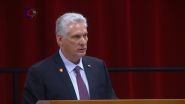
This is Beirut 05:35

This is Beirut 11/07 22:35

This is Beirut 11/07 21:45

This is Beirut 11/07 21:10
Rayan Chami 11/07 17:25
Rayan Chami 11/07 13:30
This is Beirut 10/07 16:15
This is Beirut 10/07 13:20
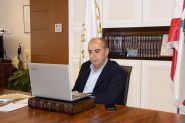
This is Beirut 11/07 19:55
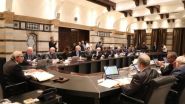

This is Beirut 11/07 19:05

This is Beirut 11/07 15:45

Christiane Tager 10/07 18:55

This is Beirut 10:30

Bélinda Ibrahim 11/07 19:00

This is Beirut 11/07 17:55

This is Beirut 11/07 17:00

This is Beirut 11/07 15:55

Makram Haddad 10:10

This is Beirut 07:30

Makram Haddad 11/07 13:55

This is Beirut 11/07 10:45

This is Beirut 10/07 20:20

Bélinda Ibrahim 10/07 15:00

Bélinda Ibrahim 09/07 15:00

Makram Haddad 03/07 22:00

Bélinda Ibrahim 03/07 14:00

Bélinda Ibrahim 02/07 18:00

par Ici Beyrouth, 12:00
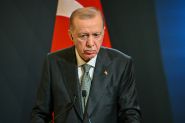
par Ici Beyrouth, 12:00

par Alain Rodier, 12:00

par Ici Beyrouth, 11:35

par Ici Beyrouth, 11:00